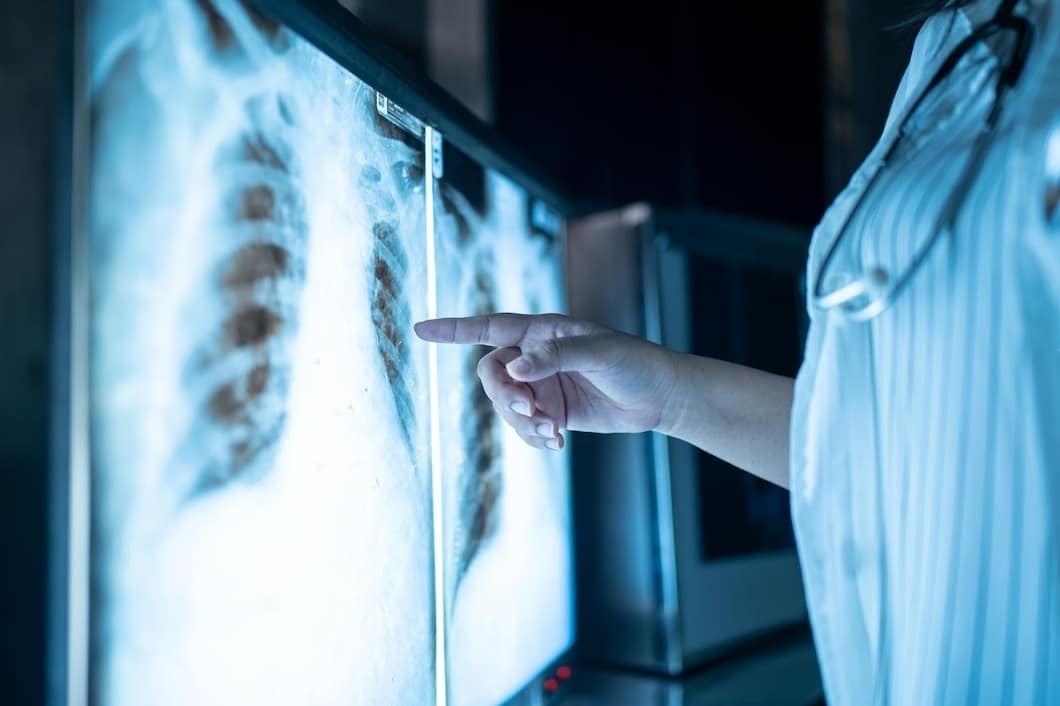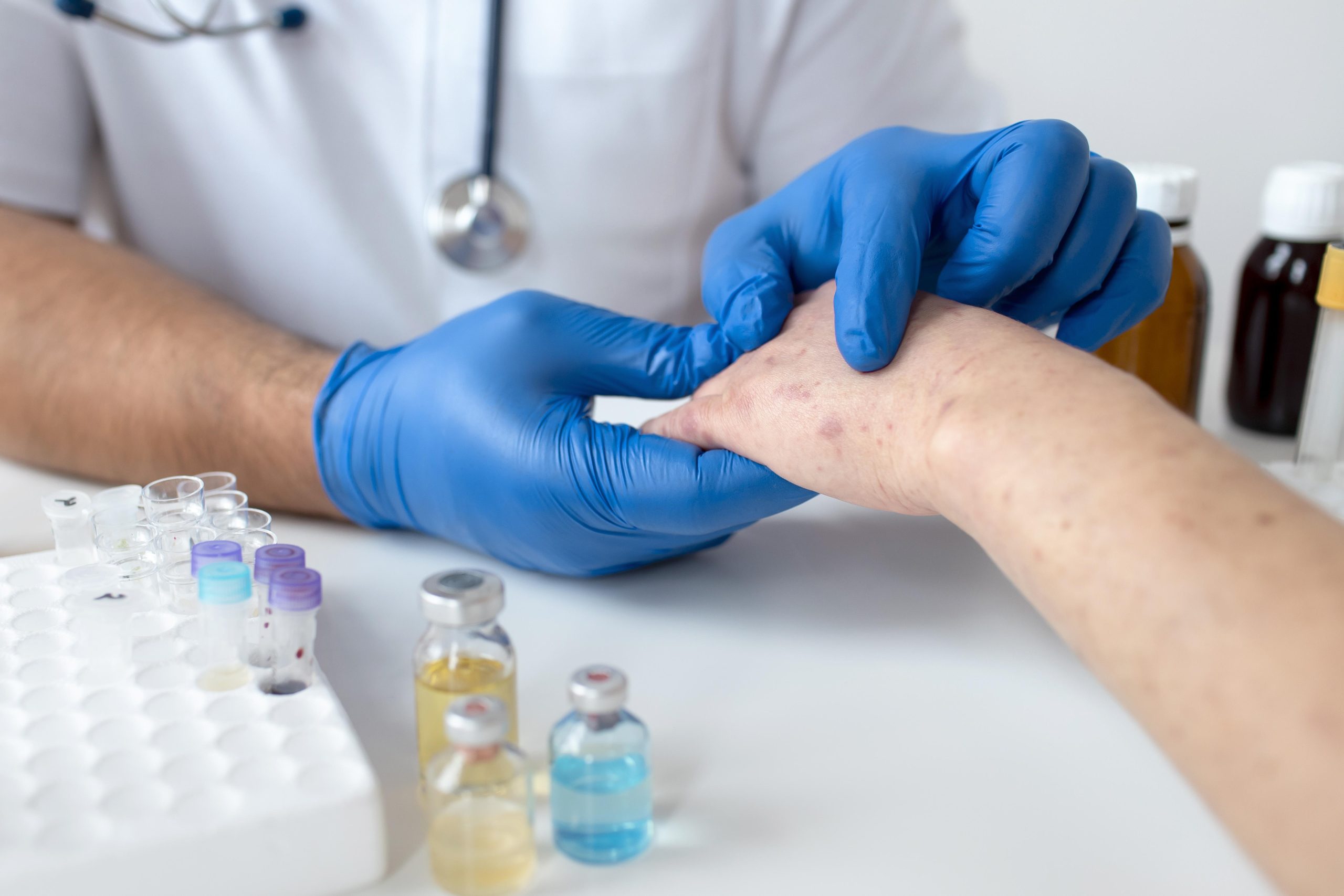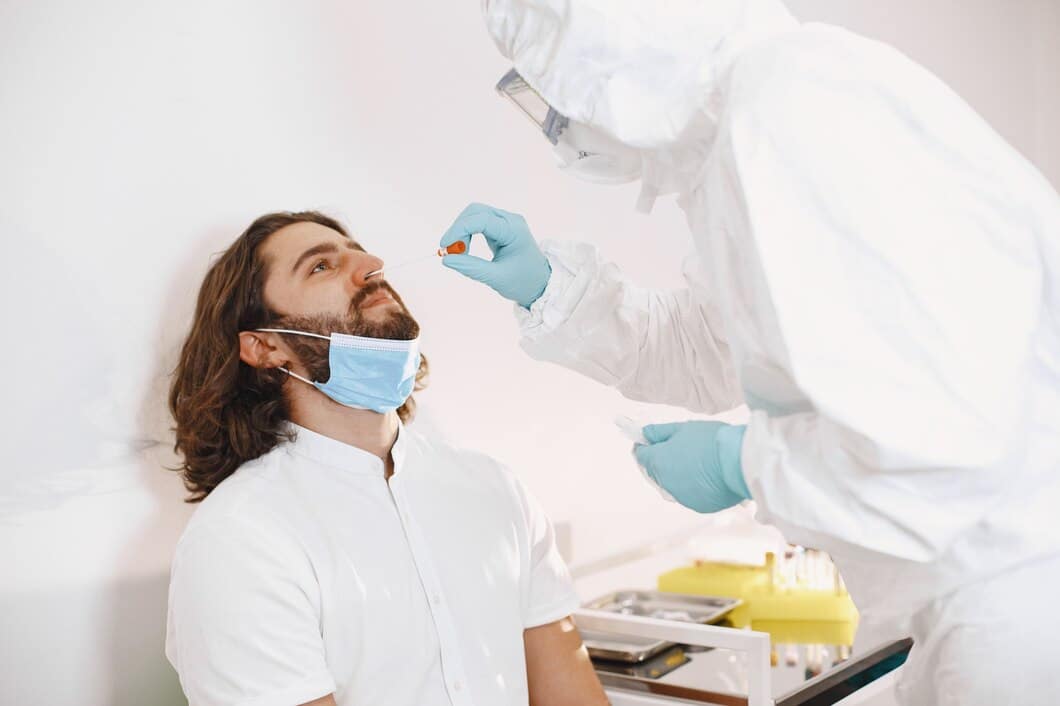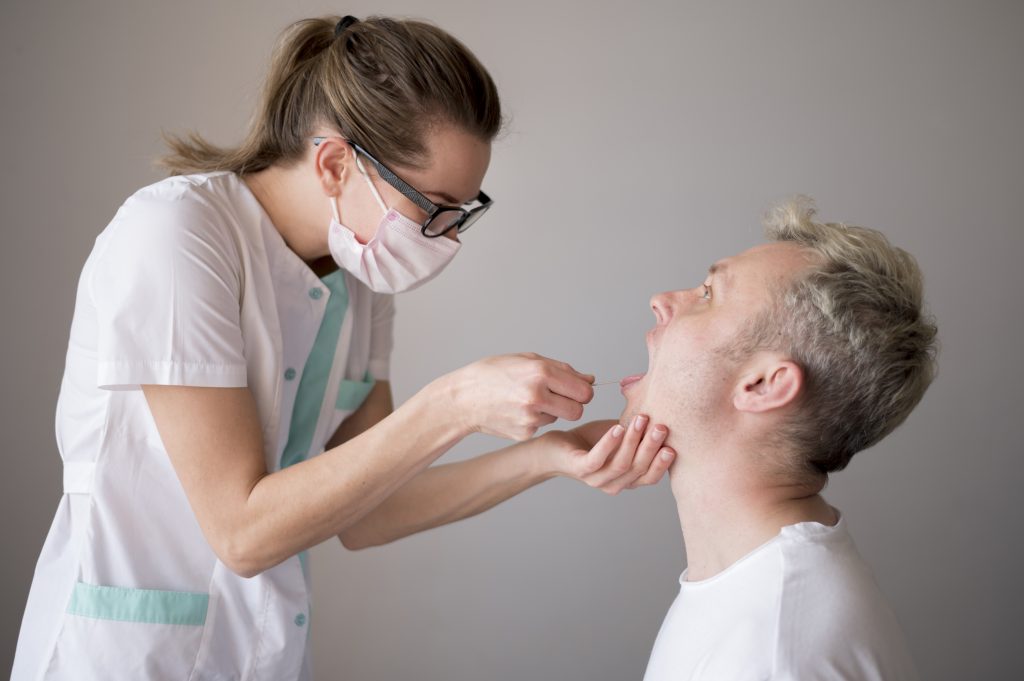X-rays are a crucial part of modern healthcare, enabling doctors to diagnose and treat a wide range of medical conditions effectively. They provide a non-invasive way for healthcare professionals to examine the internal structures of the body, often revealing injuries, infections, and diseases that may not be detectable through physical examination alone. In the United States, X-ray technology has transformed the medical field, helping healthcare providers at urgent care centers, hospitals, and outpatient clinics to offer faster and more accurate diagnoses.
At Absolute Urgent Care, we understand the critical role X-rays play in ensuring that patients receive the best possible care. In this blog post, we will explore the importance of X-rays in diagnosing medical conditions, how they work, and their impact on patient care.
Table of Contents
ToggleWhat Are X-Rays?
X-rays are a form of electromagnetic radiation, similar to visible light but with much higher energy. When directed through the body, X-rays pass through tissues and are absorbed at different rates depending on the density of the material they encounter. For example, bones, which are dense, absorb more X-rays, while soft tissues, like muscles and organs, absorb fewer.
An X-ray machine directs a controlled amount of radiation through the body, and the resulting image is captured on a photographic film or digital sensor. The image produced, called a radiograph, provides a detailed view of the internal structures of the body. These images are then analyzed by a radiologist, a specialist trained in interpreting X-rays, who can help diagnose medical conditions.
The Role of X-Rays in Diagnosing Medical Conditions
X-rays are used to diagnose a variety of medical conditions, ranging from broken bones to infections, tumors, and other abnormalities. Let’s look at some of the key areas where X-rays play a vital role in healthcare:
1. Detecting Bone Fractures
One of the most common uses of X-rays is diagnosing bone fractures. Whether from a car accident, a fall, or a sports injury, fractures can be easily identified through X-ray imaging. X-rays help determine the location, type, and severity of the fracture, allowing doctors to recommend appropriate treatment, such as splinting, casting, or surgery.
2. Identifying Infections
X-rays are essential in diagnosing infections, particularly in the lungs. For example, a chest X-ray can detect pneumonia, tuberculosis, or other respiratory infections. Infections in the bones or joints, known as osteomyelitis, can also be detected with X-rays, which help assess the extent of the infection and guide the treatment process.
3. Diagnosing Cancer
X-rays can play an important role in the early detection of cancer. Tumors, especially in the lungs, breasts, and bones, can often be detected through X-ray imaging. Early detection through regular X-rays can lead to more effective treatment options and improved outcomes for patients.
4. Assessing Heart Conditions
While other imaging techniques, such as echocardiograms and MRIs, are commonly used to assess the heart, X-rays also have an important role in diagnosing heart-related conditions. A chest X-ray can provide valuable information about the size and shape of the heart, and it can reveal signs of heart failure, fluid buildup in the lungs, or other related conditions.
5. Identifying Digestive Issues
X-rays are often used in diagnosing issues within the gastrointestinal system, including problems like blockages, perforations, or abnormalities in the esophagus, stomach, or intestines. A technique known as a barium swallow, where the patient ingests a barium-based contrast material, helps highlight problems in the digestive tract that may not be visible on a regular X-ray.
6. Assessing Dental Health
Dental X-rays are routinely used by dentists to examine teeth, gums, and bone structure. They help in detecting cavities, gum disease, abscesses, and other dental problems that are not visible through a simple visual inspection. Regular dental X-rays can also help detect early signs of more serious issues, such as tumors or cysts in the mouth.
How X-Rays Benefit Patients
X-rays offer numerous benefits in medical diagnostics, contributing to faster, more accurate diagnoses. Here are a few key ways in which X-rays benefit patients:
1. Non-Invasive Procedure
One of the major advantages of X-rays is that they are non-invasive. Unlike surgical procedures, which require incisions, X-rays only require the patient to remain still for a short period while the images are taken. This makes it a less stressful and more comfortable option for patients, especially in emergency situations.
2. Quick Results
In many cases, X-ray results can be obtained quickly. This is particularly beneficial in urgent care settings, where time is often of the essence. At Absolute Urgent Care, we understand the importance of delivering timely diagnosis, and X-rays help us provide fast and accurate results to guide treatment decisions.
3. Accurate Diagnosis
X-rays provide highly detailed images of the internal structures of the body, allowing healthcare providers to make accurate diagnoses. Whether it’s a fracture, a tumor, or an infection, X-ray imaging helps doctors pinpoint the exact location and nature of the condition. This leads to more effective treatment plans and better outcomes for patients.
4. Wide Range of Applications
X-rays are versatile and can be used to diagnose a wide range of medical conditions, from bone fractures to respiratory infections. Their ability to provide detailed images of different body systems makes them invaluable tools in modern healthcare.
Safety Considerations for X-Rays
While X-rays are an essential tool in diagnosing medical conditions, they do involve exposure to a small amount of radiation. The amount of radiation used in modern X-ray imaging is generally considered safe for most people, but unnecessary exposure should be minimized. Healthcare providers take great care to ensure that the benefits of using X-rays outweigh the potential risks.
For pregnant women, X-rays are typically avoided unless absolutely necessary. If an X-ray is required during pregnancy, precautions are taken to minimize radiation exposure to the fetus. Healthcare providers always evaluate the potential risks and benefits before performing an X-ray, ensuring that patient safety remains a top priority.
When Are X-Rays Performed?
X-rays are performed in a variety of settings, including hospitals, clinics, and urgent care centers. In many cases, a doctor or healthcare provider will order an X-ray after discussing the patient’s symptoms, medical history, and performing a physical examination.
At Absolute Urgent Care, X-rays are often used to diagnose injuries from accidents, falls, or sports activities. If you come to one of our centers with complaints of pain, swelling, or limited movement, an X-ray can help determine whether a bone fracture, dislocation, or other injury is present. For conditions such as respiratory issues, abdominal pain, or dental concerns, an X-ray can help identify the cause and guide treatment.
X-rays have revolutionized the field of medicine, providing doctors with an essential tool for diagnosing a wide range of medical conditions. Whether it’s detecting bone fractures, identifying infections, diagnosing cancer, or assessing heart and digestive health, X-rays have proven to be invaluable in modern healthcare. At Absolute Urgent Care, we rely on X-ray technology to provide accurate and timely diagnoses to our patients, ensuring that they receive the best possible care.
The ability to quickly and accurately assess a patient’s condition can significantly improve treatment outcomes, leading to faster recovery times and better overall health. However, it’s important to remember that X-rays should always be used responsibly, with careful consideration of their potential risks and benefits.
By understanding the importance of X-rays in diagnosing medical conditions, patients can make informed decisions about their healthcare. If you are experiencing any health concerns that may require an X-ray, don’t hesitate to visit Absolute Urgent Care, where our experienced team is ready to provide you with the care you need.






















